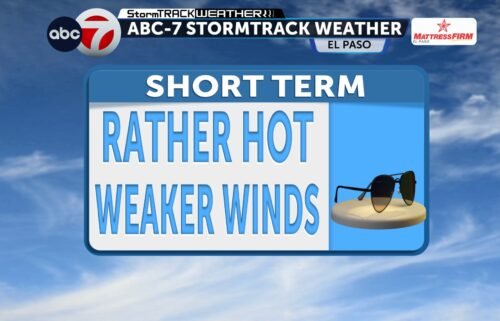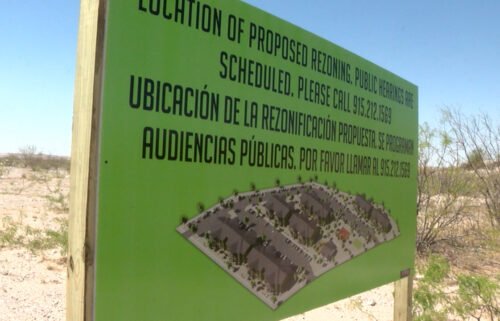U.S. extends ban on non-essential Mexico border crossings
WASHINGTON, DC — The U.S. government on Friday extended a ban on non-essential travel along the borders with Mexico and Canada through at least Sept. 21 to slow the spread of Covid-19 despite increasing pressure to lift the restriction.
U.S. border communities that are dependent on shoppers from Mexico and Canada and their political representatives have urged the Biden administration to lift the ban. In addition, Canada recently began letting fully vaccinated U.S. citizens enter the country.
But the U.S. Department of Homeland Security said in a tweet Friday morning that the restrictions on non-essential travel were still needed to minimize the spread of Covid-19 and the Delta variant. It extended the ban until at least Sept. 21.
"In coordination with public health and medical experts, DHS continues working closely with its partners across the United States and internationally to determine how to safely and sustainably resume normal travel," DHS tweeted.
The travel restrictions have been in place since early in the pandemic in March 2020 and repeatedly extended while allowing commercial traffic and essential crossings to continue.
The restrictions don't apply to cross-border trade, U.S. citizens and lawful permanent residents, as well as people traveling for medical purposes or to attend school, among others.
As the pandemic took hold, several other countries joined the U.S. in closing their borders. But with the roll out of the vaccine and other Covid mitigation measures, many countries have eased up on their restrictions.
Loosening up the U.S. non-essential border restrictions has been a focus of lobbyists, lawmakers and border mayors - who have implored the Biden administration to adjust limits to meet the evolving landscape.
There had been discussions within the administration of a vaccine mandate for foreign travelers into the U.S., but such a plan has not been firmed up.
Meanwhile, large swaths of the U.S. are struggling to contain spikes in Covid cases fueled by the Delta variant.
"The inter-agency working groups are currently developing a policy process, and we will be ready when it is the right time to consider reopening travel," White House Covid-19 coordinator Jeff Zients said a press briefing earlier this month. "And that'll be guided, as always, by the science and the public health."





